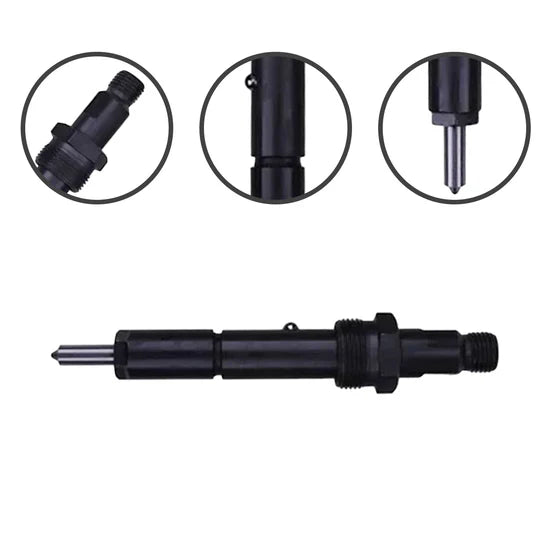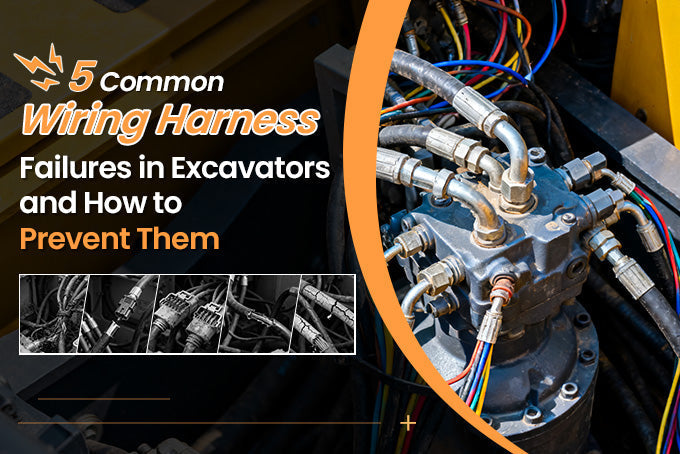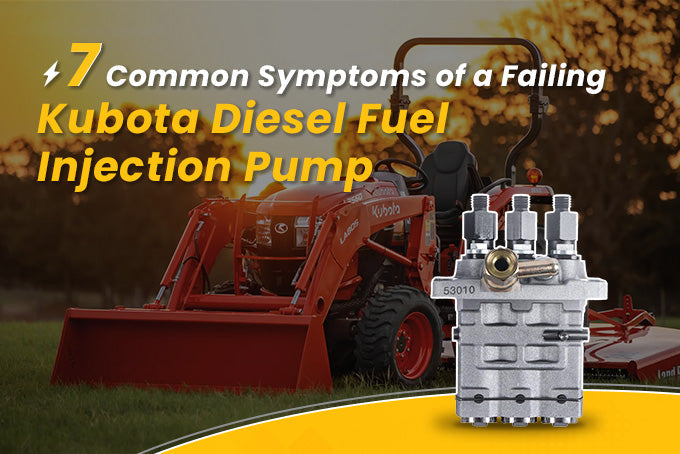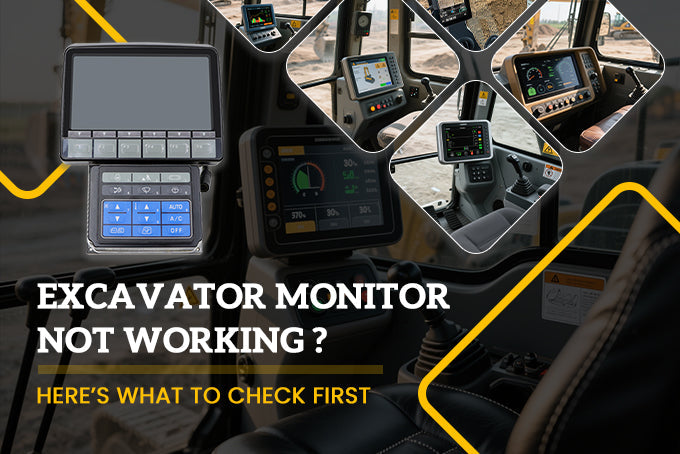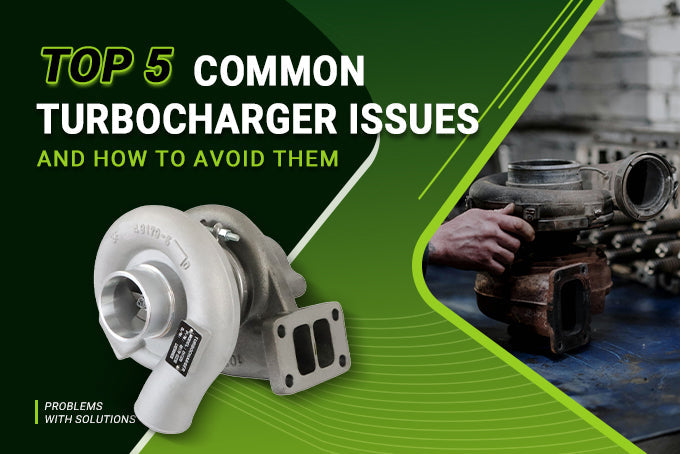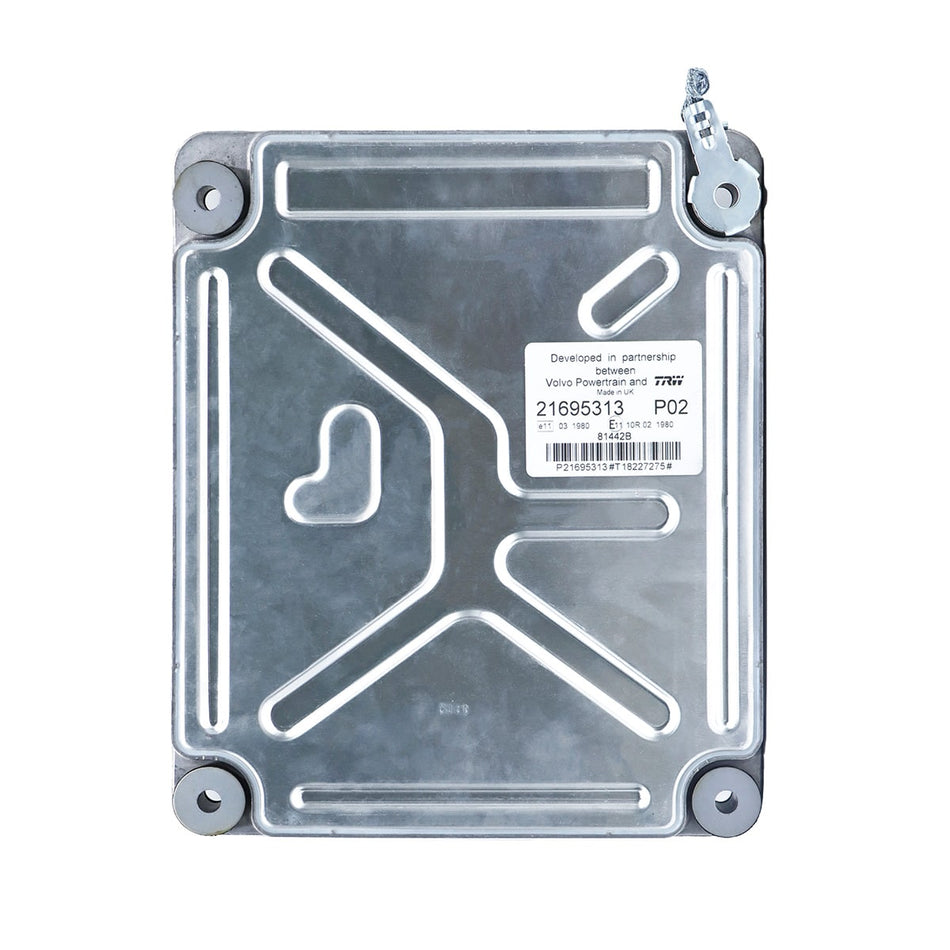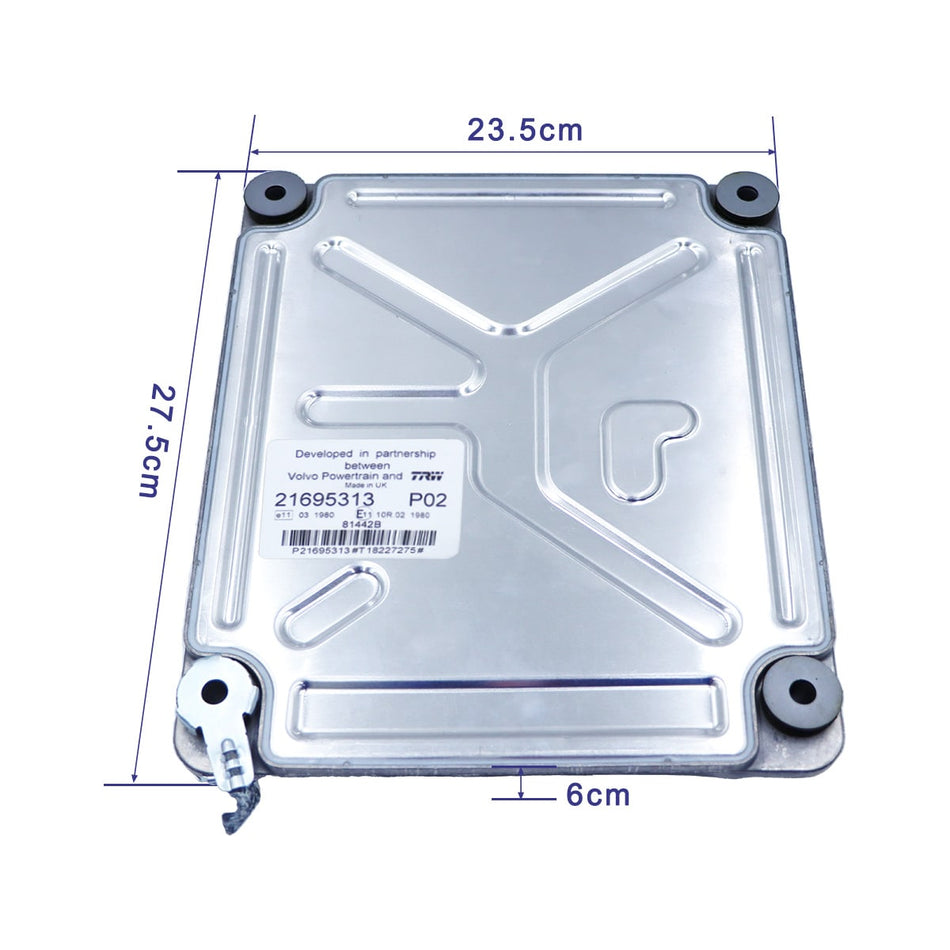When fuel injectors have bad symptoms , it's like your car is sending distress signals. Recognizing these signs early on and taking proactive steps can help keep your engine running smoothly for longer. Here are the Bad Symptoms of injector failure and how to keep your vehicle in good condition.
What Causes Fuel Injectors Go Bad?
The reasons for fuel injector failure may include oil contamination, wear and tear from prolonged usage, fuel quality issues, effects of high temperature environments, electrical problems, and incorrect installation or maintenance.
Contaminants and deposits can clog the injector nozzles, prolonged usage can lead to component aging, low-quality or contaminated fuel can damage components, high temperatures can accelerate aging, electrical issues can disrupt normal injector operation, and improper installation or maintenance can also contribute to problems.
Therefore, regular maintenance, using high-quality fuel, avoiding high-temperature environments, ensuring a good electrical system, and proper installation and maintenance are all key factors in prolonging the lifespan of fuel injectors.
9 Bad Diesel Fuel Injector Symptoms
1.Engine Loss Power:
When a fuel injector fails, causing one or more cylinders to be starved of fuel, the engine experiences a rapid loss of power. It makes the engine lose power.
2.Reduced Fuel Economy:
Reduced fuel efficiency may occur if one or more fuel injectors are not operating efficiently, leading to wasted fuel or incomplete combustion.
3.Stalling Engine:
If one or more injectors stop working entirely, the engine is likely to stall when idling, particularly during deceleration. Regular stalling indicates serious issues with the combustion process.
4.Rough Idling:
A failing injector makes idling difficult for the engine, causing rough, sputtering, and shaking idle behavior instead of the usual smooth purr or rumble.
5.Increased Exhaust Emissions:
Leaking fuel injectors can introduce excess fuel into the combustion chamber, creating a rich fuel-air mixture and unburned fuel, resulting in black smoke emission from the tailpipe.
6.Engine Misfire:
Insufficient fuel injection disrupts the finely balanced fuel-air mixture in the combustion chamber, leading to misfiring. This results in engine stuttering and juddering as it misses revolutions.
7.Dancing RPM Needle:
Malfunctioning injectors disrupt the fuel-air mixture balance, causing misfiring and erratic engine RPMs, noticeable through volatile movements of the RPM needle on the dashboard gauge.
8.Checking Engine Light:
A malfunctioning fuel injector can trigger the vehicle's on board diagnostics system, resulting in the illumination of the check engine light on the dashboard.
9.Fuel Odors:
A leaking or malfunctioning fuel injector can cause fuel odors to be present in the vehicle's cabin or around the engine bay.
What Happens When Fuel Injectors Go Bad?
When fuel injectors go bad, it can deeply impact engine performance, fuel efficiency, emissions, etc. It's essential to check fuel injectors promptly immediately, repairing or replacing it which avoids further damage to the engine and ensures optimal vehicle operation.
How to Prevent Fuel Injector Problems
Preventing fuel injector problems requires focusing on two critical measures. Firstly, opt for high-quality fuel from trusted sources to minimize the risk of injector clogs and damage from dirt and debris, thus ensuring the engine's health. Secondly, adhere to the manufacturer's recommended maintenance schedule to ensure regular cleaning and servicing of injectors and other engine components, preventing deposit buildup and extending their lifespan.
Should You Repair Fuel Injector Or Get It Replaced?
When faced with the decision of whether to repair or replace your fuel injector, consider performing diagnostic checks to determine if it's malfunctioning or simply dirty. If the injector is malfunctioning, replacement is advisable, but if it's just dirty, a thorough cleaning should suffice.


